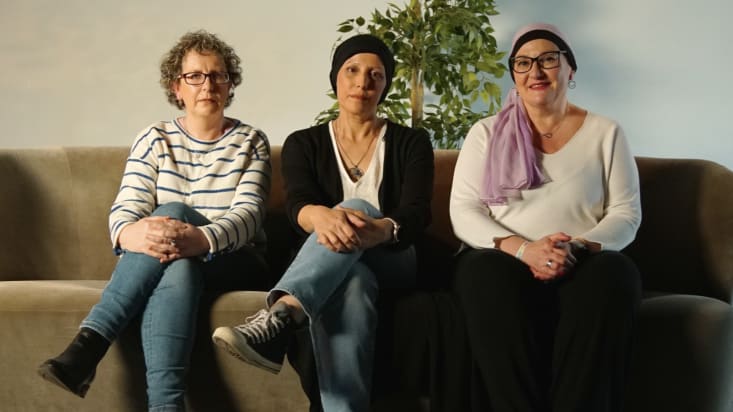It’s been an encouraging year in the field of metastatic breast cancer (mBC), with promising developments that could shift the dial of patient care. Advances in screening, diagnostics and therapeutics continue to rewrite clinical practice, while important changes to the culture that surrounds mBC – and the communications that contribute to it – are redefining experiences for people living with the disease. 13th October was Metastatic Breast Cancer Awareness Day, providing us with an opportune moment to review the headline developments in metastatic/advanced breast cancer in 2024, and what they might mean for the future of mBC care.
These are the highlights from our team of mBC communications experts, including Claire Gillis, Jason Gloye, Nichole Davies, Susanne Bobadilla, Sarah-Jane Barker and Alex Lewis.









